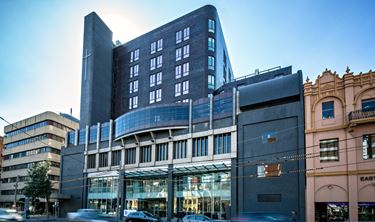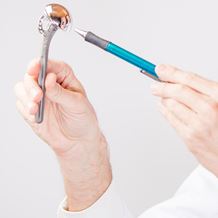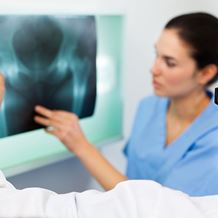Shoulder Bursitis
- Home
- Services
- Orthopaedics
- Shoulder Orthopaedics
- Common Shoulder Conditions
- Shoulder Bursitis
What is shoulder bursitis?
Shoulder bursitis occurs when the bursa gets inflamed. This fluid-filled sac sits in the shoulder joint and acts as a cushioning pad between the bones and the soft tissue. In a normal joint, it helps the shoulder move effortlessly and without friction.
For some people that space is too narrow, and the repeated movement causes irritation and swelling of the tendons and bursa. This only increases the problem, and the shoulder bursitis finally results in shoulder impingement, known as impingement syndrome. It is also associated with other problems such as arthritis and tendonitis. Symptoms can include pain with overhead activities, pain over the outside of the shoulder, and pain while sleeping.
How is it treated?
Shoulder bursitis is usually treated non-surgically using rest, physiotherapy and anti-inflammatory medication, as well as avoiding tasks that aggravate the problem. For many patients, this is enough to alleviate the symptoms in just a few weeks. If the pain persists, your doctor may recommend a steroid injection to control the swelling. In some cases, surgery is required and the bursa is arthroscopically removed (bursectomy) using a small camera and special tools. The shoulder bone may also be shaved to create more space for movement in the joint. If the tendons are damaged, your doctor may recommend rotator cuff repair to restore mobility and function.
How long does it last?
Without attention, shoulder bursitis will worsen over time. As the space for movement narrows, the bursa and tendons will continue to swell. With rest, and given time to heal, the condition should improve significantly after a few weeks. If your doctor has recommended surgery, this is usually performed arthroscopically with patients returning home the same day and benefitting from a quick recovery. A complete recovery can take up to 4 months depending on the extent of the surgery.

Shoulder replacement approaches
Find a hospital with orthopaedic services
Our Hospitals



